Thank you for your willingness to be a vital part of service in A.A! Click here for more information.
Guidelines for A.A. Members Who Are Temporary Contacts
1. The temporary contact makes direct personal contact with the client while he/she is still at the treatment facility — either by telephone, visiting the facility, attending a meeting together or whatever contact is thought necessary.
2. The contacts and newcomers make every effort to attend at least one meeting together on the day of the client’s release from treatment.
3. Thereafter, for at least two weeks, the contact will help the newcomer to attend a variety of meetings, introducing him/her to other A.A.s, especially members who might have similar backgrounds or interests.
4. The contact familiarizes newcomers with A.A. books, pamphlets, schedule of meetings, the intergroup, etc.
5. Explain sponsorship to the newcomer, and the importance of obtaining a sponsor without delay. (Much information pertinent to sponsorship is to be found in the pamphlet “Questions and Answers on Sponsorship.”)
6. A temporary contact is an A.A. enjoying a comfortable, stable sobriety, preferably for at least a year.
7. The series of phone calls, involving busy people, to line up an appropriate temporary contact can be very time consuming. It is therefore important to communicate with the treatment facility about allowing adequate time for the contact and the client to get together before the client’s discharge date.
A few cautionary words from those who have offered this kind of service before. These are not rules, but a sharing of experience:
1. You may be the first outside A.A. contact that the person meets. Be affable, friendly, interested.
2. Be on time for whatever appointment you make.
3. As a volunteer member of the Contact Service Committee, your act of service consists of introducing the person to the local group or meeting. It is suggested that you explain what A.A. isand the Twelve Step program of recovery, and also what A.A. does not do.
4. Try to avoid becoming a long-term taxi service.
5. Try not to confuse the temporary contact service with long-term sponsorship.
6. Take the time to introduce the person you escort to as many A.A. members at the meeting as possible. Be sure to include an introduction to the group secretary and/ or meeting chairperson.
7. If a group goes out for coffee after the meeting, ask your contact if he/she wants to join the “meeting after the meeting.”
8. Try not to push your contact; some people are very shy.
9. Use your own sense of what’s happening in your contact’s recovery to dictate how many meetings you take him/her to.
10. Provide the contact with a meeting schedule.
11. Keep the general conversation to A.A. related matters.
12. Avoid becoming involved in discussions about your contact’s treatment or confinement. We have no opinions about outside issues.

